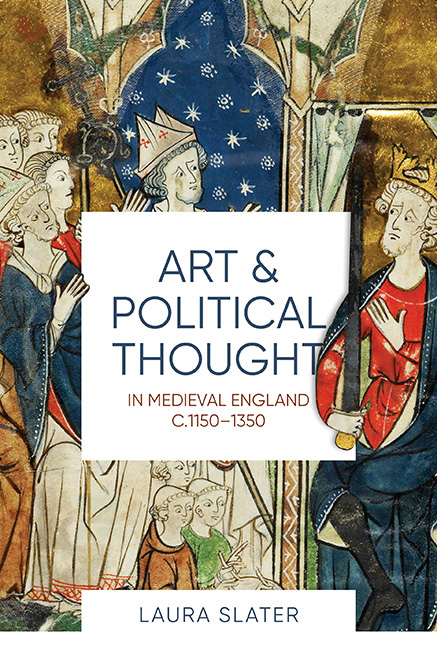Book contents
- Frontmatter
- Dedication
- Contents
- List of Illustrations
- Acknowledgements
- Abbreviations
- Introduction
- 1 Imagining Power in Angevin England
- 2 From the Clerics to the Court, c. 1200–1250
- 3 The Barons’ War and the Dreams of Reformers
- 4 Visions of Government during the Three Edwards
- Conclusion
- Bibliography
- Index
- Already Published
3 - The Barons’ War and the Dreams of Reformers
Published online by Cambridge University Press: 26 July 2019
- Frontmatter
- Dedication
- Contents
- List of Illustrations
- Acknowledgements
- Abbreviations
- Introduction
- 1 Imagining Power in Angevin England
- 2 From the Clerics to the Court, c. 1200–1250
- 3 The Barons’ War and the Dreams of Reformers
- 4 Visions of Government during the Three Edwards
- Conclusion
- Bibliography
- Index
- Already Published
Summary
This chapter explores one of the fiercest political conflicts in thirteenthcentury England, the Barons’ War of 1258–66. During the long era of Henry III's minority, the Anglo-Norman ruling elite became accustomed to government by council and consensus. Men as diverse as Stephen Langton, Ralph de Neville, Henry of Avranches and the leading citizens of London used the language and visual imagery of sacred struggle and holy example to articulate their new political assumptions and expectations: regarding the proper limits to the sovereign exercise of power, the essential role of counsellors and bureaucrats in the government of the realm, and the salvific and intercessory context into which all such activities could be placed.
When discussing Henry III's first great seal in the previous chapter, I noted the consonance of its image of kingship with Romans 13.4. The opening chapters of Romans 13 stress how ‘he that resisteth the power [of the prince] resisteth the ordinance of God […] For princes are not a terror to the good work, but to the evil. Wilt thou then not be afraid of the power?’ Emphasising the role of the prince as a minister of God and avenger of evil, such verses may usefully sum up Henry III's personal ‘theory of monarchy’, insofar as he may ever have consciously calculated one. The king continued to aspire to an unrestrained exercise of his Christian lordship, even after his efforts between 1231 and 1234 to return to Angevin autocracy, encouraged by controversial ‘foreign’ advisers such as Peter des Roches, were successfully blocked. The king's vision of divinely ordained royal power was also embodied in his rebuilding of Westminster Abbey from 1245 to 1272, a project motivated at least in part by Henry's deep love for his spiritual patron and father-figure, Edward the Confessor.
During the era of the king's personal rule, the failings of Henry's government only strengthened the political and spiritual weight of Magna Carta. Alongside the high spiritual ideals for a peaceful and prosperous realm shared by the king and his reformist opponents, fluently articulated in the text and images of Matthew Paris's Estoire, there was the ongoing struggle for favour and profit at court. If there was anything worse than losing out on the riches and rewards available to the successful courtier, it was to see such glittering prizes fall to ‘foreigners’.
- Type
- Chapter
- Information
- Art and Political Thought in Medieval England, c.1150–1350 , pp. 115 - 162Publisher: Boydell & BrewerPrint publication year: 2018

